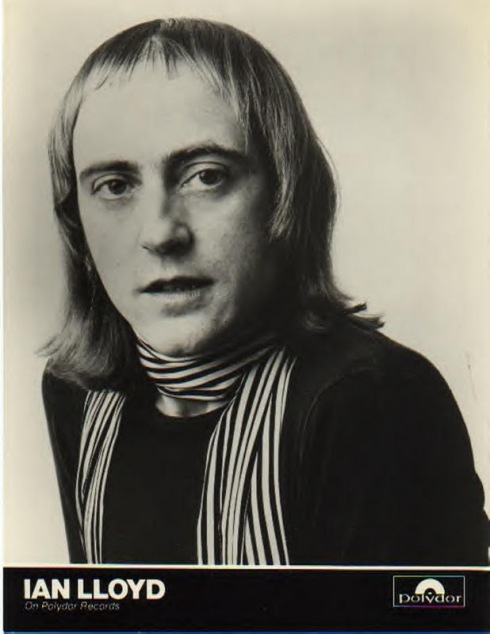http://www.youtube.com/watch?v=B-6xdrNjJXs

Sammy Reginald Johns was born in Charlotte, North Carolina, on February 7, 1946. When he was nine years old, Johns’ father presented him with a guitar, and by the time he was a teenager he had established his own band, the Devilles. The group performed in local clubs and recorded a few records on the Dixie record label. After a move to Atlanta, Georgia, he was given a recording contract in 1973. General Recording Corporation put out Johns’ first solo record, “Early Morning Love”, that year.
Although he wrote a number of hit songs for other artists, Johns is best remembered for the one he recorded himself, “Chevy Van”. The single drove up to No. 5 in the Billboard Hot 100 chart. It remained in the chart for 17 weeks and was awarded a gold disc by the R.I.A.A. on 4 May 1975.
After his eponymous debut album on the GRC record label, which included “Chevy Van”, the singer signed a deal in 1976 with Warner-Curb, which resulted in Johns working on the soundtrack to The Van. The 1982 New World Records single “Falling for You” came to the attention of Elektra, and the company took Johns on board and issued “Love Me off the Road” and “Common Man”. When country artist John Conlee covered “Common Man”, the single went gold and topped the charts. Conlee made the song his theme, and Johns continued writing songs for others.
Those who have recorded Johns’ songs are Waylon Jennings, Sammy Kershaw, and Conway Twitty. In 1985, Jennings serenaded the Statue of Liberty with Johns’ song “America”, on a nationally broadcast event to mark the statue’s restoration. The performance helped turn the single gold, and “America” was nominated for song of the year in country music circles. Johns’ “Desperado Love” also brought Twitty his final gold record. Kershaw covered “Chevy Van” on his 1996 album Politics, Religion and Her.



